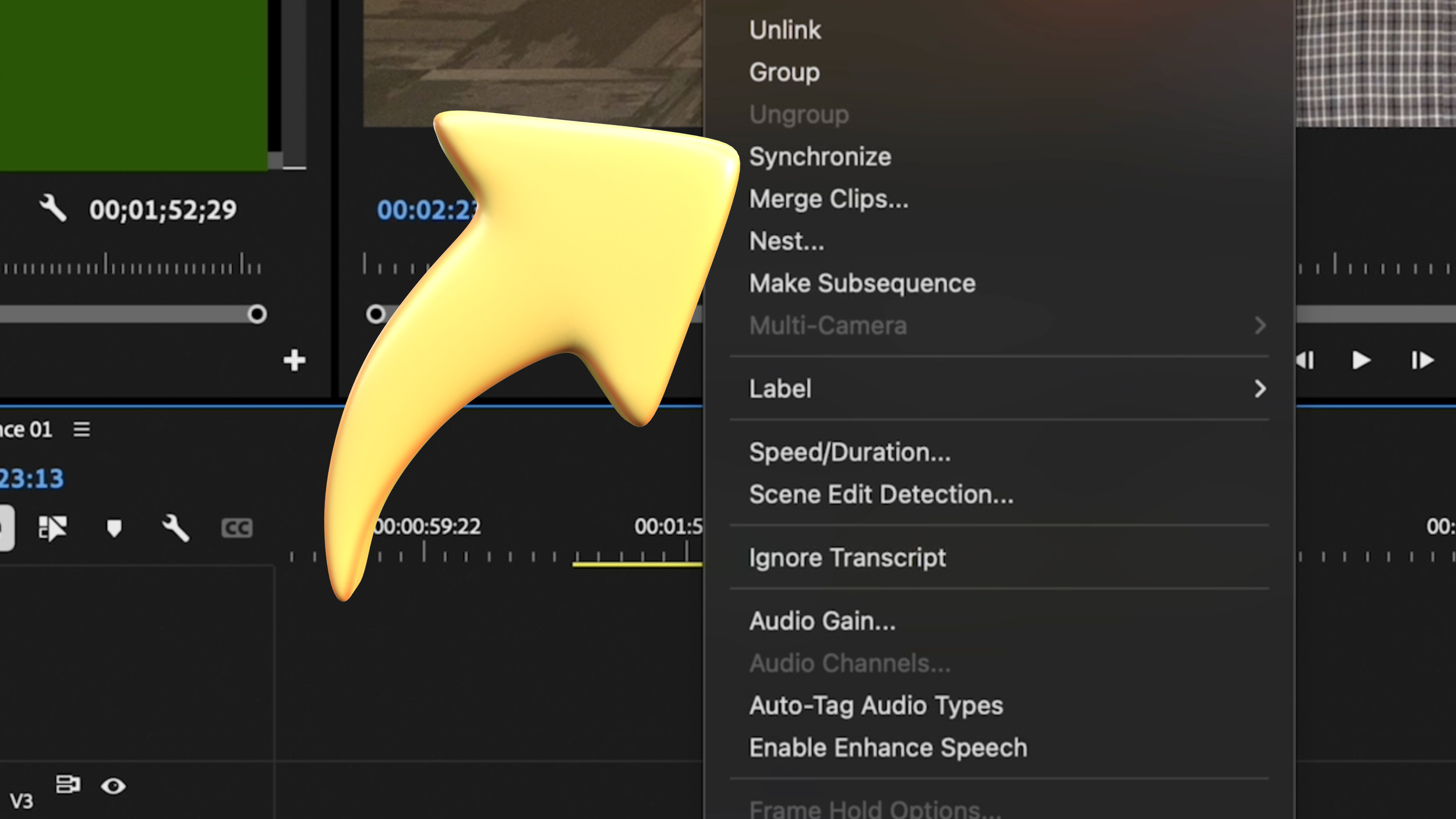Shoutout To Cellphones!
Cellphones…. The biggest gift for educators since the chalkboard. They help students stay calm when there is down time. They keep them quiet when you have just had too much. Phones keep students engaged with their parents throughout the day. They help students stay in touch with each other in all of the most positive ways. Phones allow students to stay on top of their grades in class and so much more!
Ok. Most of the above was sarcasm. Phones are a problem. They are a problem for every teacher. They are a bigger problem for administrators. Have you ever sat in the back of a faculty meeting? See the teacher buying shoes? See the other teacher texting others about how much they want to leave the meeting? How about the teacher texting their husband trying to figure out what to do for dinner? Phones are a problem.
I’m not immune. I admit it. I go through cycles where I delete apps from my phone because they are a distraction. I realize that there are times where I should be engaged with my family or friends and get a buzz on my watch that says “look here and get distracted.” It’s a problem in all aspects of my life (in writing this, I checked my phone 14 times…)
I spent my first several years in the classroom fighting the cellphone fight. I was more spy than teacher. I was constantly on the look out for students trying to sneak a peek at their phone. At times, I would have a drawer full of phones. I had a two strikes and you are out rule. I see it once, I warn. I see it twice it’s mine… If I take it, I have it until the bell. If I take it twice in a week, I have it until the end of the day. Frankly, that sucked. I spent too much time managing who’s phone I had, when I had it, and how to communicate the issue with the parents (who were often the biggest offenders by texting their kids in class…)
That all changed when I was late to a faculty meeting one afternoon. I was late because I was waiting for the students to come and get their phones. I was frustrated. It seemed like I spent the entire day as the Cellular Investigative Unit. I was over it. (If you don’t already know, I am a front of the room kind of guy. Not solely because I think it shows my care for the presenter but also because I have long struggled with ADD and the back of the room means I can see everyone’s movements and easily get distracted) As I stewed in the back of the room, I looked around and noticed that very few people were paying attention to our principal as she spoke. There were more teachers poking around on their phones than actually paying attention. This wasn’t just one of those “butts and bells” meetings, it was the annual “all hands on deck - here’s the plan for testing next week” meetings. (ever wonder why testing is a nightmare - it’s not the kids…. It’s the adults). That’s when it hit me…
Our role as educators is not to prohibit things that we accept, even expect, from adults. Why do we expect students to sit idly and not tinker on their phones when as adults we do it every chance we get? Why not teach the students to act like we would like the adults to act? But how…
The first key is to spell out the expectation. Explain that you know how phones are a part of their lives and confess that you are just as guilty. Explain the importance of being engaged in communication with others - both giving and receiving. Explain the idea of professionalism when it comes to being attentive to the person speaking.
Next comes down to how you run your classroom. I loved teaching news production. The only time students had down time was after the show. They would enter the room and get to work. They knew what needed to happen and they worked to get it done. When the show was over and the critique completed, they would get their 5-7 minutes to do as they wished on their phone but until then, it was time to work. You can do the same. The key was to keep the kids moving.
My process for doing the news, after the first couple of weeks was simple:
Students enter
Quick “meeting” - I called it a meeting instead of a lesson. It’s cheesy but works.
Roles are assigned during the meeting
Status updates on larger projects are checked
Students break out to work
I work the room to give input/feedback
10 minutes before the show, everyone is back in the room
Rundown is updated
Content is uploaded to the system
5 minutes before the show
Positions are taken
Run through of the show until 1 minute remains
Showtime
Show is completed
Post Show critique (5-7 minutes)
Job done. Do what you need….
If you are a film based program, the process can be similar:
Quick meeting
Status updates
Equipment Distribution
Work period
Meeting at 10-15 mins before the end of the period
Gather gear
Make sure footage is uploaded
Status Check
Meeting over
Let the kids play on the phones for a couple of minutes if there is time.
Essentially, if you keep the kids working, they won’t have time to work on their phones.
There are several things you have to do in order to make either of these work:
Stay engaged with everyone.
Don’t let the students start working and you just sit and chill. Most certainly don’t just sit and play on your phone.
Be aware of group work. We all know how groups work. There is one or two who are engaged and working hard and always one that couldn't care less - they will be on their phone. Stay engaged.
The FINAL step is to NOT engage parents or administrators. Keep your power. If you run to mom and dad or the principal too often, you then lose power and the students will just push you to the point that you call in the cavalry. (and more often than not, they get sent to ISS where they check out for a couple of days)
You MUST have a conversation with your administration in order to get their input and their feedback on any plans you want to do. If your school has a strict “no phones” policy, obviously you have to adhere to that but you could ask for permission to break those policies. (This could be a recruiting tool for your program later… Always be recruiting)
More than banishing cell phones or locking them up, I encourage you to teach the students how to use them as the tools they are. Bill Phelps from Harrison High School has his students use their phones for the offboard audio for their packages. That means for at least 10-15 minutes each period, those kids aren’t using their phones for entertainment they are using them for production.
Other teachers have students use their phones for projects. I’ll be honest with you - most of the projects that the students I work with at UGA are completed on their phones. From interview to b-roll to stand up, these students are using their phones… why? Because they have them with them at all times.
Your students have never not known a camera in their pocket. Why not use that to your advantage? Have the first year students capture their footage on their phone. That way there are no excuses. If they are going to a basketball game and are to do a package, they don’t have to carry a bag of gear and not be able to really enjoy the game. They just shoot some b-roll, an interview, and their stand up at the game. Then they come to class the next day, export the files and create their content. Here is a link to a basic news package project that you can give to your students to build their skills using their phones.
I encourage you to build your students' awareness of their cell phone use and the proper time and place for that use. Phones are not the devil. They are great tools that, if used properly, can build your program and put your students ahead of the competition when it comes to the next step in their career. While there is a time and place for completely banishing phones in the classroom, I don’t think you or your students’ time is best spent trying to manage cell phones in the classroom.
Meet the Author, Tom White
Tom White is the Broadcast Engineer at Grady College of Journalism and Communication at the University of Georgia. Prior to that role, Tom taught at Morgan County High School and Rockdale Career Academy where he and his student produced thousands of live streams for sports, news, and community events. Tom’s program at the Rockdale Career Academy received the NFHS Network Program Of The Year in 2016 and his program at Morgan County High School received the New Program of the Year title in 2018. Tom has been a long time contributor to many publications and is the host of Teaching to The Test Pattern Podcast.











Got shaky footage? No problem! In this quick tutorial, learn how to use Warp Stabilizer in Adobe Premiere Pro to smooth out your shots effortlessly.